T4K3.news
Google plans to merge Android and ChromeOS into one platform
Sameer Samat confirmed the merger, aiming for enhanced device flexibility and user experience.
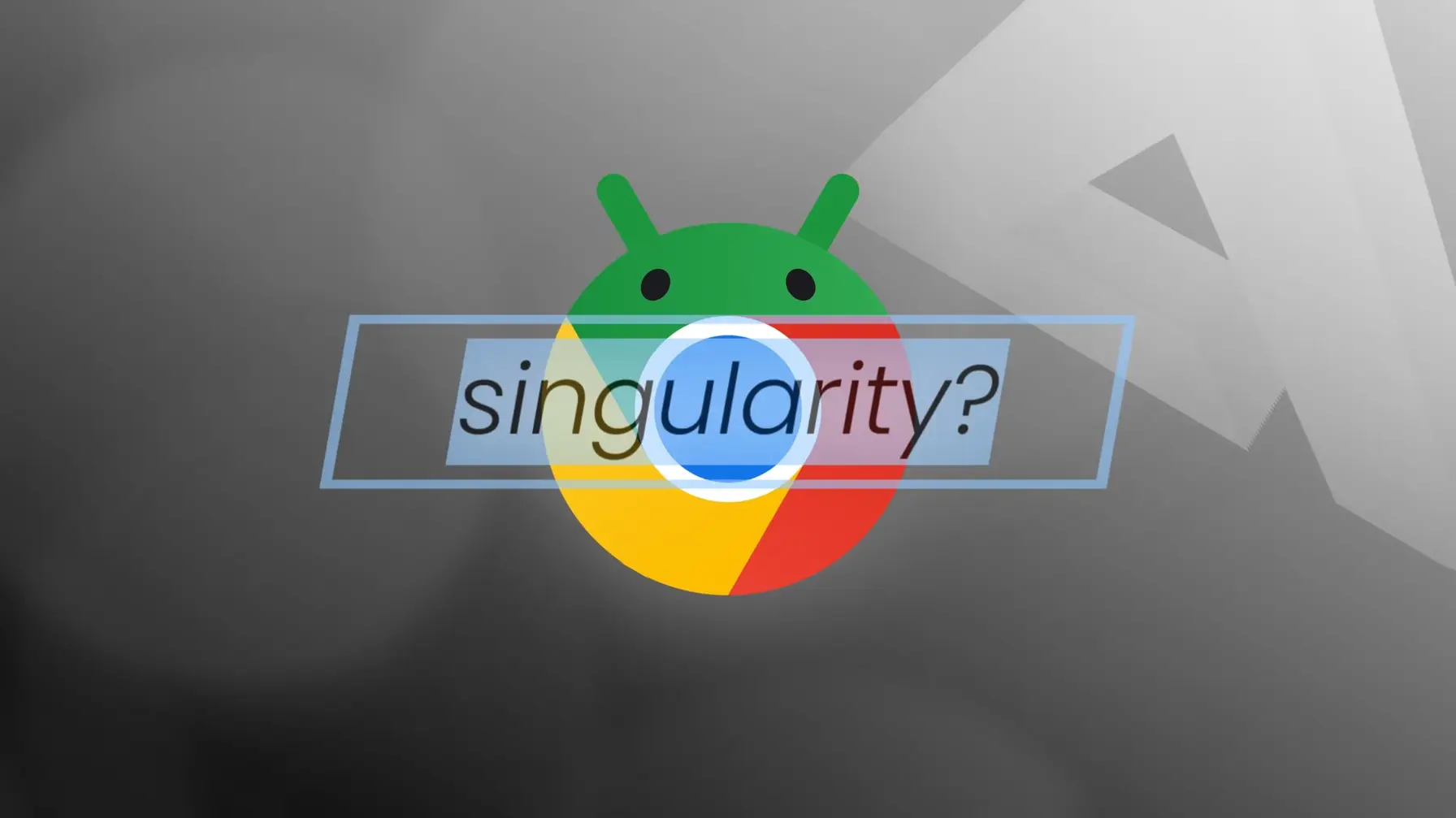
Google aims to merge ChromeOS and Android into a single platform, enhancing device flexibility.
Unifying Android and ChromeOS offers new possibilities for users
In a recent interview, Google’s Sameer Samat confirmed that the company plans to combine ChromeOS and Android into a single platform. This move could lead to more versatile devices that allow users to seamlessly switch between laptops, tablets, and phones. For instance, depending on the outcome of this integration, devices may become more adaptable, allowing a tablet with a keyboard to function as a full laptop or a phone to serve as a desktop when connected to an external display. Google is already testing browser extensions for Chrome on Android, which could further enhance functionality across devices. While Google has struggled in the hardware market with its Chromebooks, this unified platform may re-energize its efforts to produce reliable laptops under its brand.
Key Takeaways
"We're combining ChromeOS and Android into a single platform."
Samat's announcement highlights Google's commitment to unity in its operating systems.
"A unified Android and ChromeOS could lead to more versatile devices."
This statement emphasizes the benefits consumers might gain from the merger.
The merger of Android and ChromeOS has the potential to reshape the user experience significantly. By facilitating advanced cross-device functionalities similar to those offered by Apple's ecosystem, Google aims to enhance how users interact with their devices. However, the timeline for this rollout remains uncertain, raising questions about whether Google can match Apple’s seamless integration before users lose patience. If executed well, this strategy could position Google more competitively against Apple in the ecosystem race.
Highlights
- One platform could redefine how we use our devices.
- Flexibility in devices could lead to a better user experience.
- This merger has the potential to reshape personal computing.
- Will Google’s new platform rival Apple's seamless integration?
Concerns over Google's hardware strategy
While the merger promises improved functionality, Google's past challenges in the hardware market raise concerns about success.
A unified platform may change the landscape of personal computing, but timing is crucial.
Enjoyed this? Let your friends know!
Related News
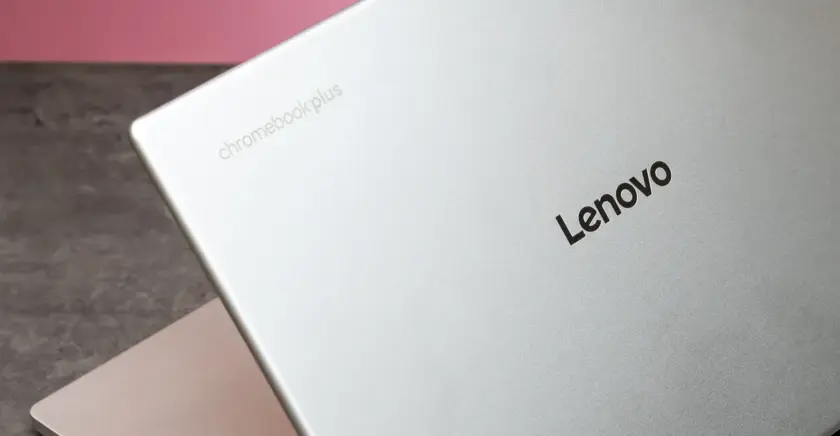
Google to merge ChromeOS and Android into unified platform
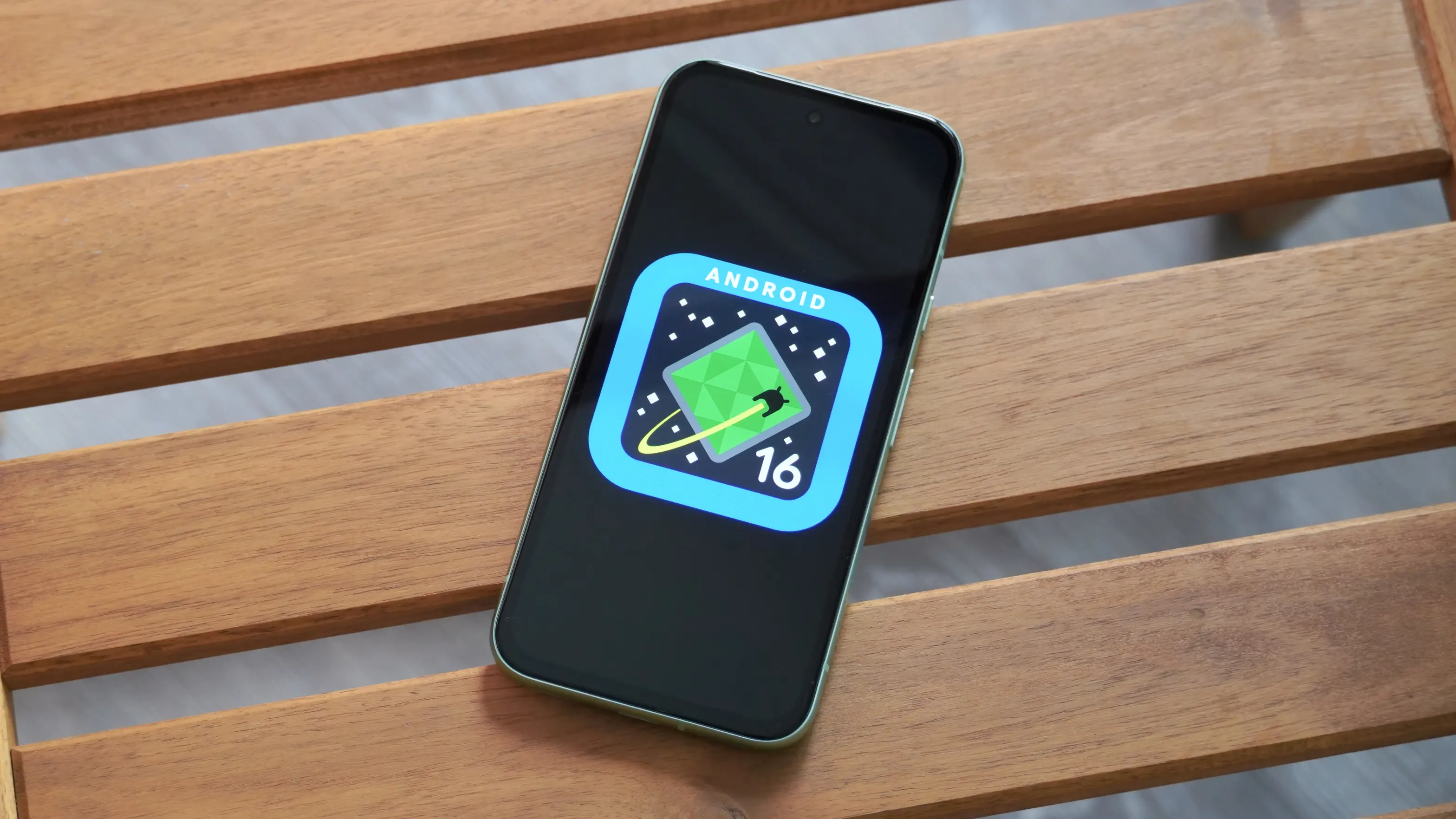
Google plans to integrate Android and ChromeOS
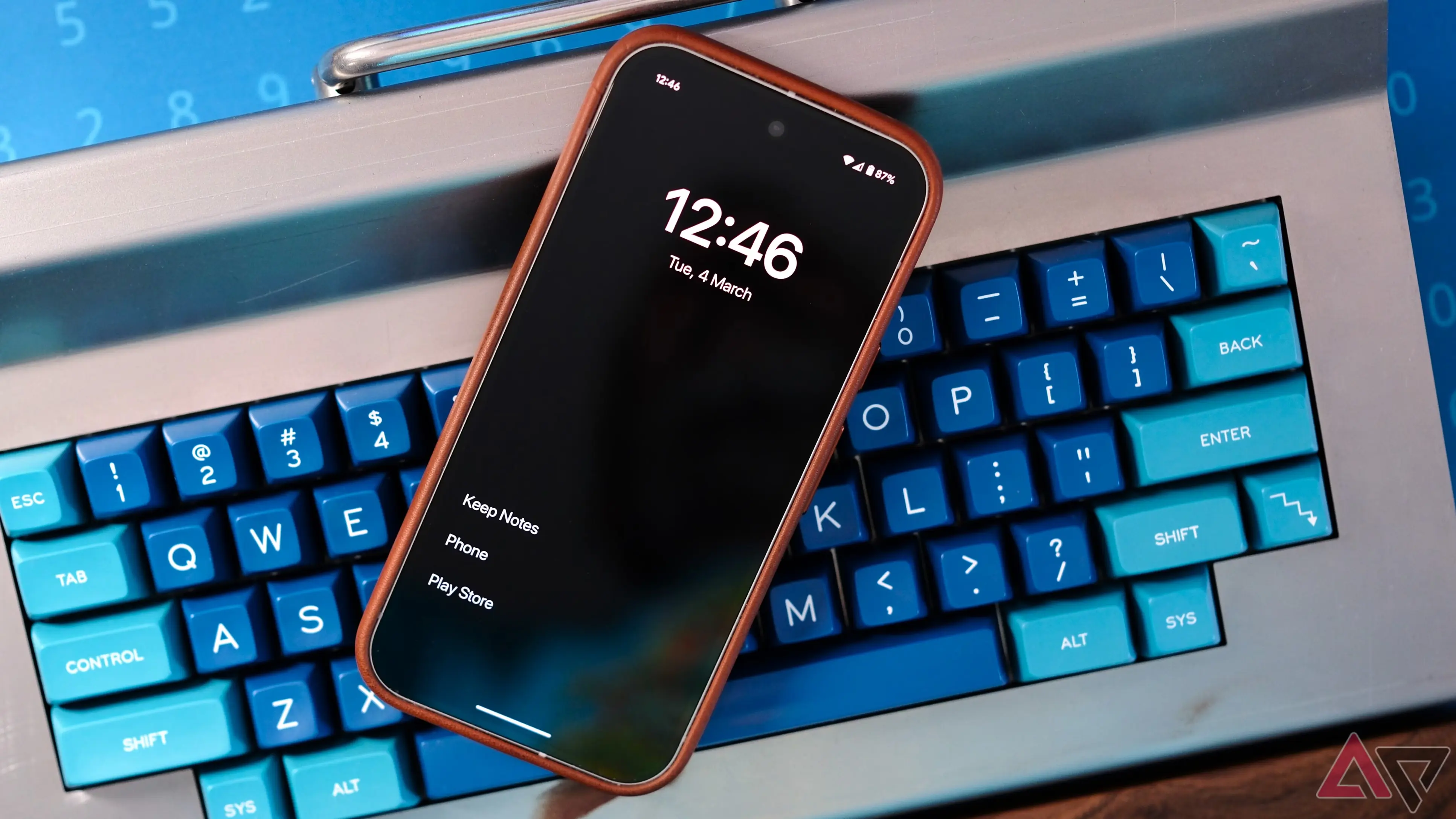
Google announces integration of Android and ChromeOS
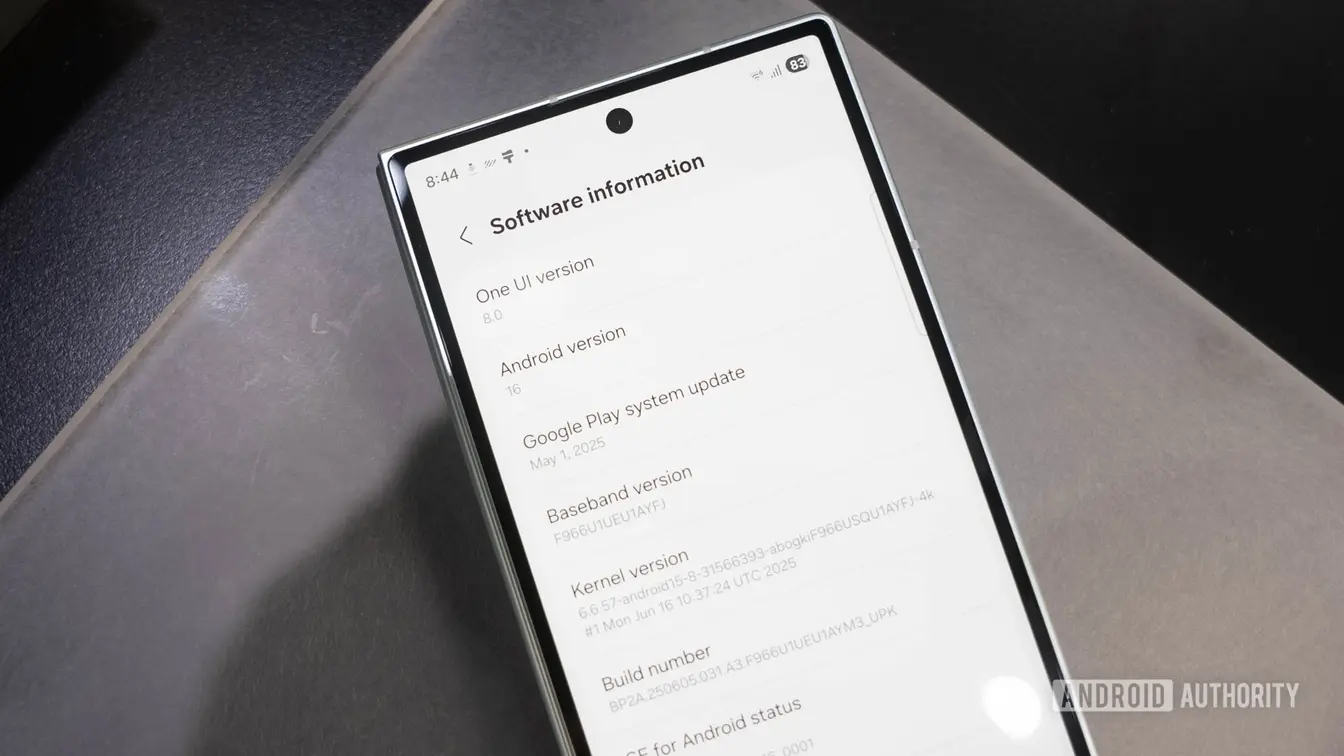
Samsung speeds up Galaxy software updates
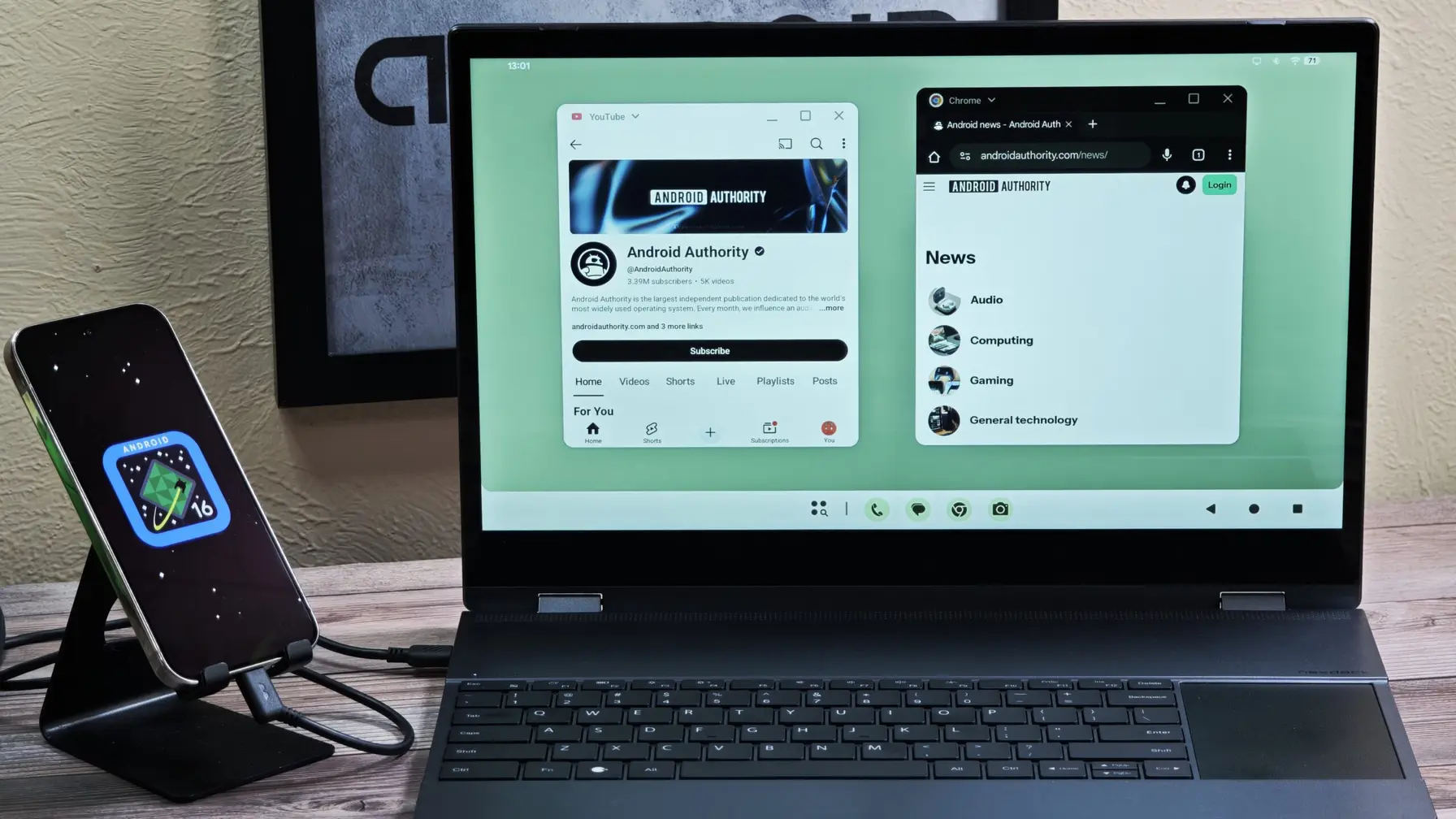
Android Desktop Mode adds app pinning feature
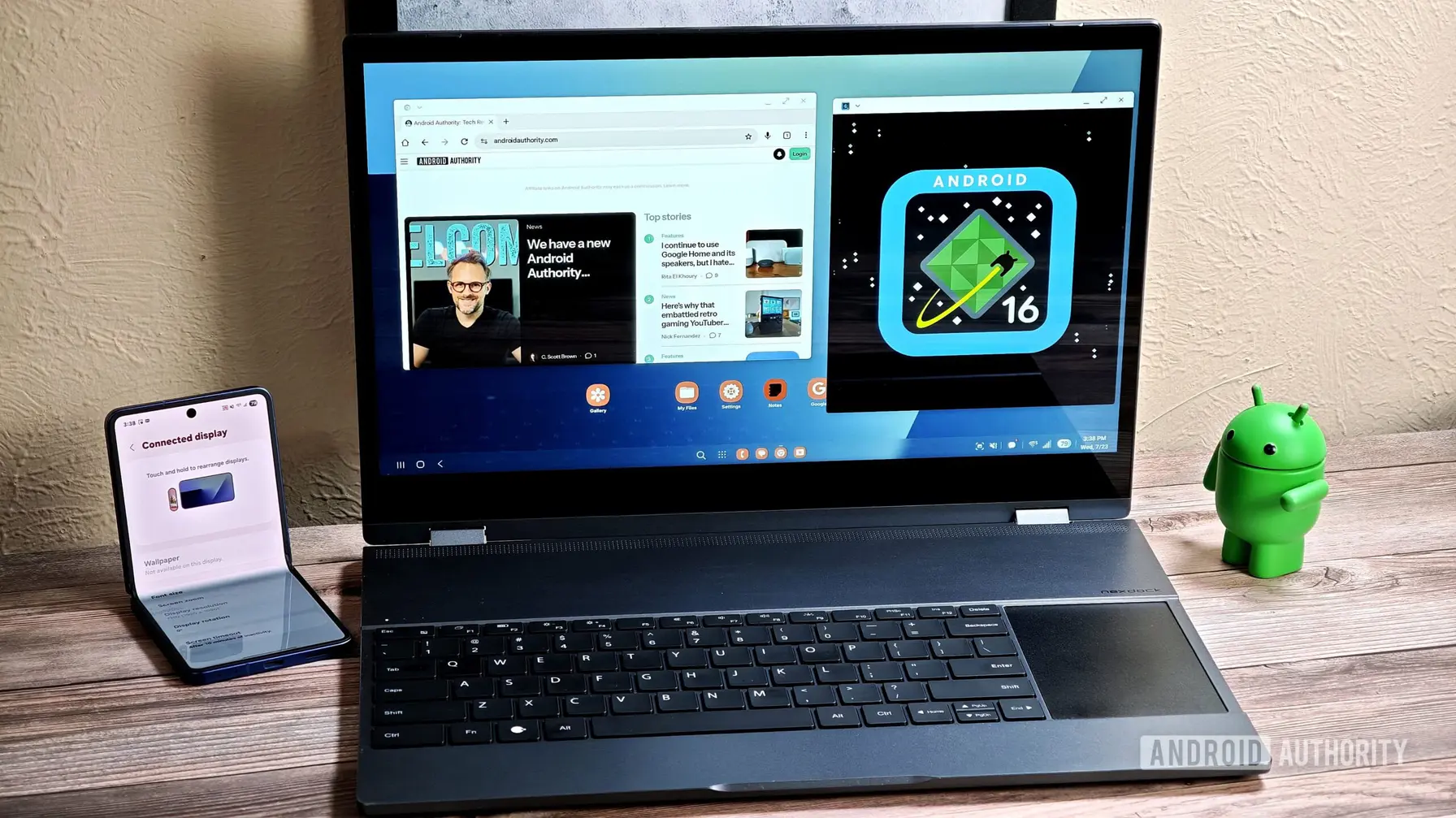
Samsung replaces classic DeX mode with new version in One UI 8
